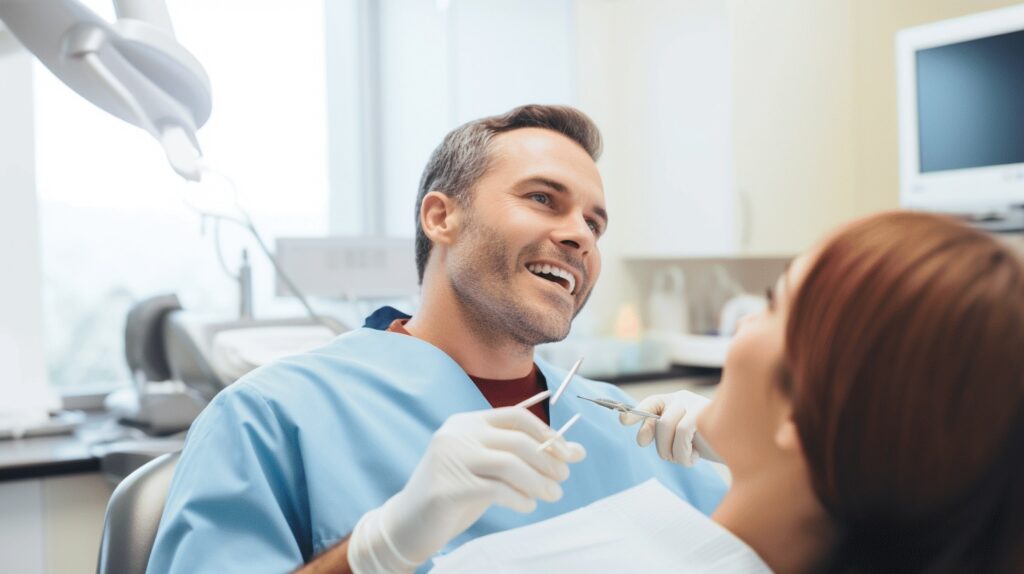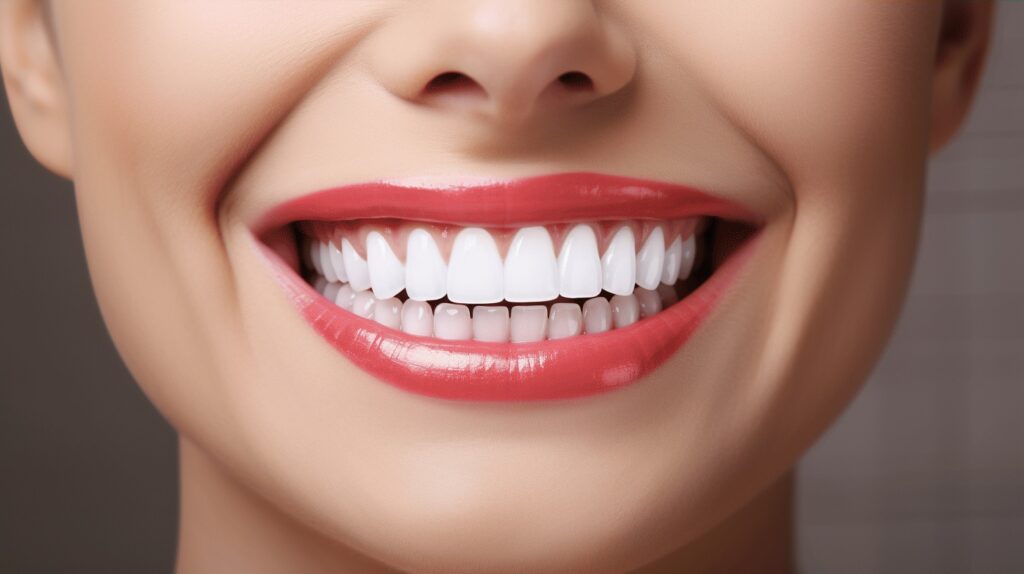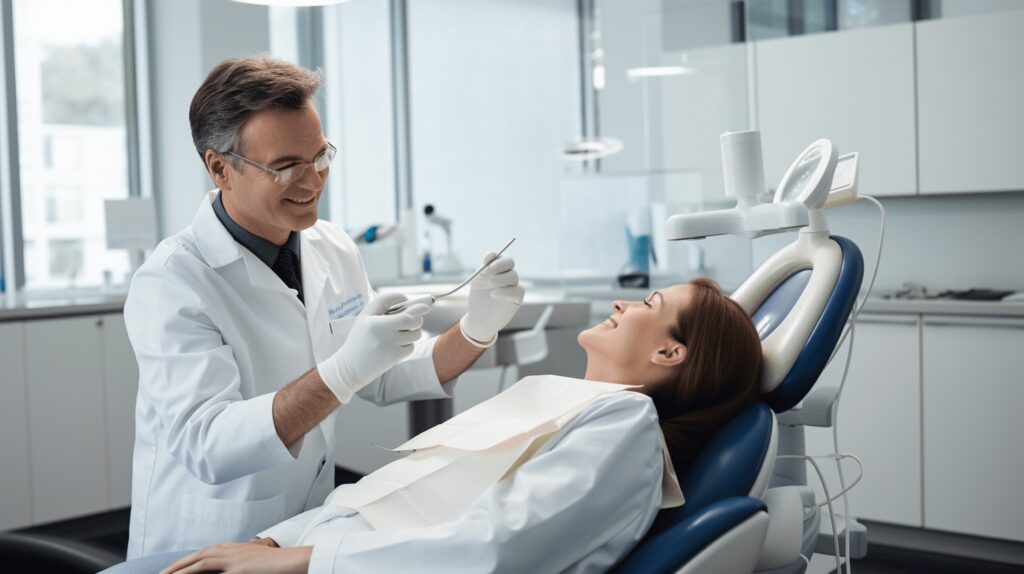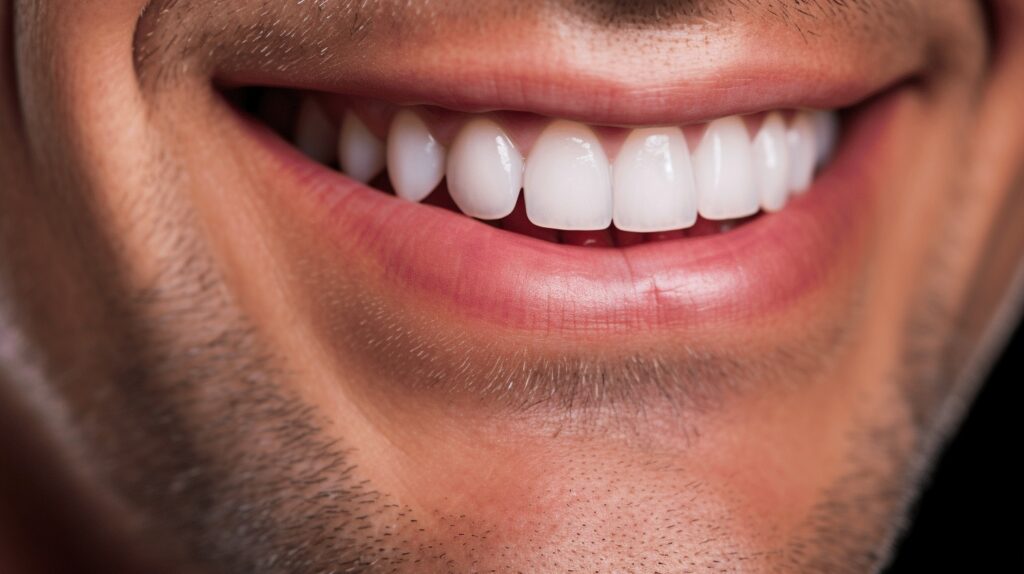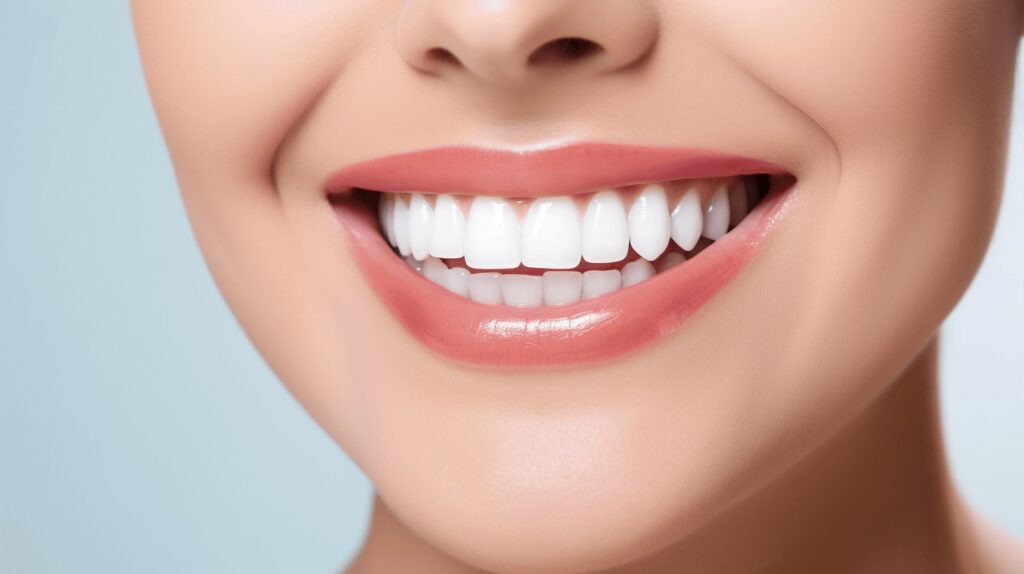Hello, busy professionals!
We know how taxing it can be to juggle a busy schedule, but there’s one thing we urge you not to overlook – your oral health. Not only does good oral health lead to a vibrant, confident smile, but it also has far-reaching effects on our overall wellness.
Now, more than ever, in a world where periodic dental visits have taken a backseat for many due to the COVID-19 pandemic, preventative oral care steps into the spotlight. It’s time to reclaim control over oral health, starting with preventative dentistry.
But, what does preventative dentistry mean, and why is it so crucial? Let’s dive right into it.
Table of Contents
Importance of Preventative Dentistry
With bright smiles and joyous laughter, children light up our lives. But have you considered how vital a healthy oral cavity is to a child’s life? Prevention is better than cure and nowhere is this statement truer than when it comes to children’s dental health. It’s not just about avoiding the pain and discomfort that cavities can bring; preventative dentistry is a gift that keeps on giving. 🎁
Decreased Dental Examinations in Children
Has the frequent sight of lollipops and soda cans at children’s parties made us oblivious to their impact? It seems so, as we have recently observed a declining trend in dental examinations among children. The consequences? Well, they’re as serious as can be. From gum diseases to tooth decay, a quick dental check could effectively nip these issues in the bud. Remind yourselves, folks, that every dental decay prevented is a future filling averted!
Prevalence of Untreated Dental Cavities
We wish we could say the risk ends with unruly eating habits. But no, dental cavities are a prevalent issue, with an alarming number of these going untreated. Untreated dental cavities can lead to multiple problems including tooth pain, infection, and even tooth loss. By stressing preventative measures, we can help decrease these rates, saving our children from unnecessary discomfort and stress.
Dental Injuries in Children
Children, with their boundless energy and endless curiosity, are prone to various accidents including dental injuries. One misplaced foot while playing, one rough tumble, and voila! A trip to the emergency room is suddenly needed. A focus on preventative dentistry can equip children and parents with necessary precautions and preemptive measures to safeguard those precious teeth.
Cost Savings through Preventive Care
Fear of the dentist aside, the increasing cost of oral healthcare is something that makes many of us cringe. Here’s where preventive dentistry fills in another gap. Invest in preventive care now, and reap the benefits later with significantly fewer repairs, root canals, extractions, and yes – fewer frightful bills to pay!
We hope we’ve managed to convince you of the game-changing benefits of preventative dentistry. It not only saves your pocket but also aids in maintaining those effulgent smiles on your little ones’ faces. So why wait? Let’s all commit to prioritizing preventative dental care!
Remember, a stitch in time saves nine – especially when it comes to our teeth! 😁
Oral Health Statistics
Oral health might seem simple, but it is a significant part of our overall well-being. It involves everything from the ability to chew and taste to speaking, smiling, and socializing. Unfortunately, the state of oral health in the U.S and across the world paints a concerning picture. Multiple statistics highlight the urgency to address this issue and improve well-being at large.
Coverage of Dental Visits in Different Age Groups
So, how often do people visit the dentist? The answer varies quite a bit depending on age.
- For children between 2-17 years old, contemporary statistics show about 84.9% attended dental check-ups within the past year.
- When moving into adulthood, the stats get a little grim. Only 64.9% of adults between ages 18 to 64 paid their dentist a visit.
- The shocker comes in with the senior citizens. A mere 62.7% of adults above 65 took time to visit their dentists.
These figures clearly show that we, as a society, need to place more emphasis on oral health. Regular dental visits play a key role in detecting potential oral health issues early and maintaining overall health.
Prevalence of Oral Diseases
The prevalence of oral diseases globally is not a pretty sight. With gum diseases, tooth decay, oral cancers, and more, oral health threats are ever-present. A few key stats help illustrate this.
- Severe periodontitis, an extreme gum infection, affects nearly 10% of the global population.
- Tooth decay is rampant too. About 2.3 billion people worldwide suffer from caries (cavities) in their permanent teeth.
To put that into perspective for us, imagine if every single person in the Americas, Europe, and Africa had a dental cavity. That’s how many people are grappling with tooth decay globally!
Untreated Dental Cavities in U.S. Adults
Did you know that over one in every four U.S adults has untreated tooth decay? It might be hard to digest, but the truth is that 26% of adults between ages 20 to 64 have untreated dental cavities. This means that we have a significant number of people around us living with dental pain, tooth sensitivity, and a higher risk for further tooth damage.
While the statistics might seem grim, it underlines the importance of prioritizing our oral health. It’s never too late to start practicing good oral hygiene habits or to schedule that dental check-up you’ve been delaying. Remember, a healthy mouth is a gateway to a healthy body. So, let’s buckle up and aim to change these statistics, one brush stroke at a time.
Effects of COVID-19 on Dental Care
Over the past year, the COVID-19 pandemic has greatly reshaped our lifestyles, from how we work to how we interact with others. But there’s another area affected by the pandemic that isn’t usually the first to come to mind: dental care. As dental practitioners ourselves, we’ve felt the changes in the industry firsthand. Forced to close doors during quarantine periods, adopt new safety measures, and face uncertainties with our patients, these changes have prompted us to think deeply about how we can continue to provide the best possible dental care in these trying times.
Impact of COVID-19 Pandemic on Dental Offices
Dental offices across the globe experienced a rollercoaster ride. During the initial lockdown periods, many were forced to close their doors entirely, except for dealing with dental emergencies. This sudden restriction posed a lot of problems, including:
- A significant decrease in revenues
- Difficulty maintaining the team due to furloughs and layoffs
- Increased anxiety among staff members
- Patients delaying routine dental check-ups or treatments
Reduced patient footfall forced us to rethink our strategies and adapt quickly. One of the significant changes we introduced is the strict enforcement of safety standards. We now take precautionary measures, such as disinfecting our premises more frequently, enforcing the mandatory wearing of masks for everyone in the clinic, and utilizing personal protective equipment (PPE) more than ever before.
“The pandemic has made us realize – dental care isn’t optional; it’s essential. It’s not just about having a great smile but also about maintaining good oral health, which is directly linked to our overall health.”
Interruptions in routine dental care during the pandemic have lead to an increase in emergency dental situations. These include severe toothache, chipped or broken teeth, and swellings or knots on the gums. We urge you not to ignore these common situations and reach out to us if you are dealing with any pain or discomfort.
While COVID-19 has shaken our conventional practices to their core, it has also presented us with opportunities. We’ve become more appreciative of the technological advancements allowing us to offer virtual consultations and touch-free payment options.
In times like these, we remain committed to our mission – ensuring you receive quality dental care in a safe and comfortable environment. Remember, your health is of utmost priority and regular dental check-ups are a part of maintaining a healthy lifestyle.
Key Strategies for Dental Health
Got another cavity? Fed up with dental discomfort? Wishing for that flawless smile? We’ve got it all figured out for you. Dental health does not have to be an uphill battle if we follow some key strategies, and that’s exactly what we’ll discuss here. Keep reading to explore some actionable dental health strategies because after all, your smile is worth it!
Consistent Dental Care Routine
Establishing a dental care routine consistent with proper cleaning practices is absolutely essential. You would not believe the magic that can be worked by simply:
- Brushing your teeth twice a day – Yes, not just at bedtime!
- Flossing at least once a day – Flossing is not optional! It’s as important as brushing.
- Using an antibacterial mouthwash – It can reach areas where your toothbrush can’t. Plus, it leaves you feeling oh-so-refreshed 😄
Pro Tip: Make sure you replace your toothbrush every three to four months or sooner if the bristles start to fray.
Proper Brushing and Flossing Techniques
It’s not just about brushing and flossing; doing it right matters, too! In fact, poor techniques can cause more harm than good.
- When brushing, make sure to cover all surfaces of your teeth, and brush for two minutes each time. Use a soft-bristled brush and don’t brush too hard, which can cause tooth and gum damage.
- For flossing, gently guide the floss between your teeth using a rubbing motion. Follow the natural curve of your teeth to avoid hurting your gums.
Quoting the famous dentist Dr. Charles Mayo, “Preventive dentistry can add 10 years to a person’s life.” Folks, the power is in our hands. Let’s choose to be diligent and make our pearly whites shine!
Healthy Diet and Lifestyle Choices
We are what we eat – and that goes for our teeth too!
- Eat foods high in vitamins and minerals and low in sugar. Good choices include cheese, yogurt, apples, and leafy greens.
- Stay hydrated. Water isn’t just for a parched throat; it’s fantastic for your teeth too, helping to rinse away food particles and bacteria.
- Limit your intake of staining agents like coffee, wine, and tobacco – These make your teeth unhappy!
In tandem, make sure to schedule regular visits to your dentist for check-ups and cleanings. This practice of preventive dentistry can help detect potential problems early and keep your smile looking its very best 🌟
Consistent oral care, proper techniques, and a healthy lifestyle – the trifecta for fantastic dental health. Let’s vow to give our teeth the care they deserve. And remember, a smile is the prettiest thing you can wear, so let’s make ours shine!
Conclusion
Understanding the importance of preventative dentistry and incorporating good oral care habits into your daily routine is imperative, whether you’re a busy professional, a parent, or a stay-at-home mom or dad. Avoiding emergency dental situations while maintaining a healthy, confident smile is possible if you take the right steps.
Remember, even with the most rigorous at-home oral care routine, professional check-ups and cleanings are crucial. At Wilshire Smile Studio, we’re committed to making this part of your oral care regimen as easy and stress-free as possible. With our experienced team, state-of-the-art technology, and personalized approach, we’re here to ensure your dental health is optimal. Don’t wait for an emergency to hit before you take oral health seriously.
Taking care of your dental health isn’t just about preserving your smile—it’s about safeguarding your overall health. So incorporate these strategies into your life, consult professionals when needed, and of course, keep on smiling! Visit Wilshire Smile Studio and call (323) DEN-TIST (336-8478) for an exceptional dental care experience.
In the end, preventative dentistry is less about avoiding inconvenience and more about embracing a healthier, happier lifestyle. Don’t postpone your dental care. After all, a healthier smile is just an appointment away! 😃
Frequently Asked Questions
- What is preventative dentistry? Preventative dentistry involves practices and treatments aimed at maintaining good oral health and preventing dental issues before they occur. It includes regular dental check-ups, cleanings, proper oral hygiene routines, and lifestyle choices that promote oral health.
- Why is preventative dentistry important for busy professionals? Busy professionals often face time constraints and may neglect their oral health. Preventative dentistry allows them to maintain good oral health while managing their busy schedules, preventing dental issues that can lead to pain, discomfort, and significant time off work.
- How can I practice preventative dentistry on the go? To practice preventative dentistry on the go, carry a travel-sized toothbrush, toothpaste, and floss with you. Brush your teeth at least twice a day, floss daily, and rinse with mouthwash when necessary. Additionally, avoid sugary snacks and drinks, and stay hydrated by drinking water throughout the day.
- How often should I visit the dentist for preventative care? It is recommended to visit the dentist for preventative care at least every six months. Regular dental check-ups allow the dentist to detect and address any potential oral health issues early on and provide professional cleanings to keep your teeth and gums in optimal condition.
- What are the benefits of practicing preventative dentistry? Practicing preventative dentistry helps in maintaining good oral health, prevents dental issues such as cavities, gum disease, and tooth loss, saves time and money by avoiding extensive dental treatments, and promotes overall well-being by reducing the risk of oral health-related systemic diseases.



